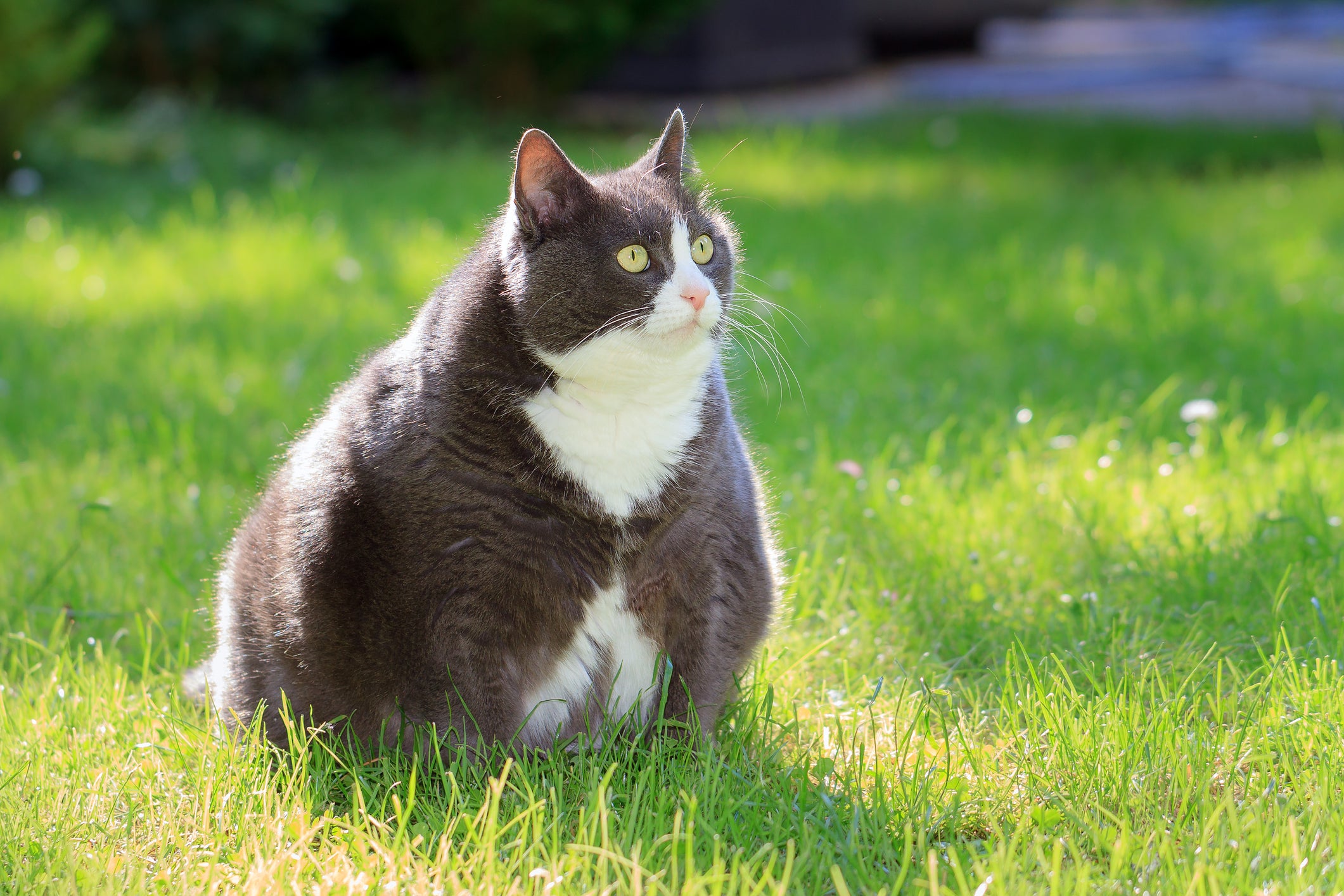Having an overweight pet could cost owners over £1,000 in vets’ bills
Data from pet insurer ManyPets shows, on average, pet owners are forking out £682.65 for a trip to the vets for diabetes, while arthritis costs are coming to £476.61

Having an overweight pet could cost owners £1,500 in vets’ bills per visit, claims data has revealed.
Common health problems caused by excessive weight include cruciate ligament injuries, urinary tract disease, diabetes and arthritis.
Addressing cruciate ligament injuries can mean swallowing a whopping bill of £1,578.28, and urinary tract disease costs for cats are skyrocketing to a jaw-dropping £752.06.
Data from pet insurer ManyPets shows, on average, pet owners are forking out £682.65 for a trip to the vets for diabetes, while arthritis costs are coming to £476.61.
However, 51 per cent of cat and dog owners are already concerned about their pets’ weight, a separate poll of 2,000 pet owners found.
And nearly one in five (18 per cent) with a cat or dog could encounter these bills soon as they believe their pet already is carrying more weight than it should.
With almost a fifth (19 per cent) admitting they are already shelling out more to tackle their pets’ fluctuating size.
The research was commissioned as part of the ManyPets ‘Why Weight?’ report and launch of its Obesity Learning Hub.
Steven Mendel, chief executive and co-founder of the pet insurer, said: “We understand it can be difficult to resist rewarding pets with extra treats, and heart-breaking to say no to them when they’re asking for more food.
“But, with obesity associated health problems becoming more and more prevalent, we urge pet parents to think twice to save their pets.
“We’re proud to have launched our Obesity Learning Hub to offer tips and veterinary approved advice for pet parents everywhere.”
The research went on to find, with the rising cost of living still looming large for many pet owners, 22 per cent have been forced to make cutbacks to their pet’s lifestyle.
Almost half (49 per cent) of these are now opting for lower quality brands of food, and 37 per cent have reduced their spend on healthcare.
But 88 per cent believe they would be able to recognise the signs a pet is potentially getting to an unhealthy weight, yet only 31 per cent regularly keep an eye on their pet’s weight.
Moreover,39 per cent will only visit the vets in an emergency – all of which point to an increase in weight going unchecked.
In a bid to help keep weight down, 76 per cent do try to keep their four-legged friends as active as possible, while 75 per cent limit the number of treats or table scraps they give out.
The study, carried out via OnePoll, found of those with an overweight pet, 22 per cent feel as if their cat or dog is ‘always hungry’.
While a puzzled 19 per cent scratch their heads over their pet’s weight as they don’t think they eat an excessive amount.
Steven Mendel added: “While many pet owners believe it should be straightforward to spot if their cat or dog is putting on weight – it’s often easier said than done.
“In most cases, gaining weight is very gradual, meaning it can be trickier to identify - especially if pets are not attending the vet regularly.
“We’re hopeful that with the right course of action and identifying the signs early, longer term pet health problems can be avoided in the future.”
Subscribe to Independent Premium to bookmark this article
Want to bookmark your favourite articles and stories to read or reference later? Start your Independent Premium subscription today.

Join our commenting forum
Join thought-provoking conversations, follow other Independent readers and see their replies